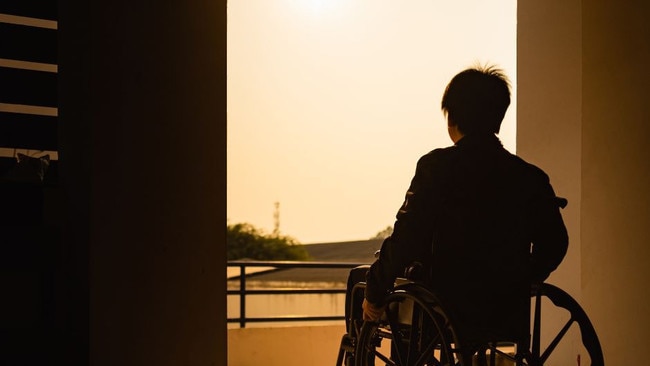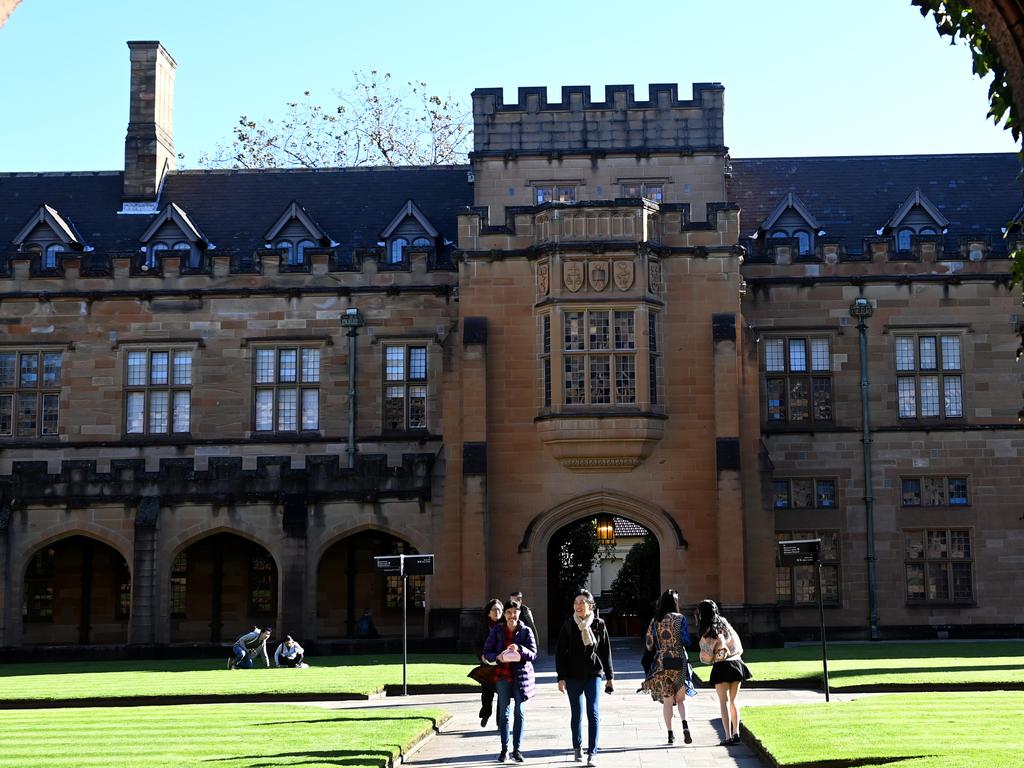Disability Royal Commission: end to segregation, special schools and group homes to be ‘phased out’
Among the Royal Commission’s 222 recommendations are an end to segregation and special schools, with group homes being ‘phased out’.

The final report of the Royal Commission into Violence, Abuse, Neglect and Exploitation of People with Disability has been made public after four-and-a-half years of investigating how to better protect disabled Australians, making 222 recommendations for root and branch reforms on how the education, health, housing, employment and legal systems are run for people with disabilities.
Almost 10,000 people shared their experiences with the Royal Commission, which was launched in 2019 with an investment of almost $600 million.
In the final report tabled on Friday, three of the six commissioners recommended special schools be “phased out” and for no new special schools or classrooms to be built from 2025. The commissioners recommended no new enrolment of students with a disability in special schools from 2032 and no students remain in special schools by 2051.
All six commissioners agreed a legal entitlement should be created for students with a disability to enrol in mainstream schools, while state and territory educational authorities were urged to improve the provision of reasonable adjustments and support for disabled students in mainstream schools.
Four of the six commissioners recommended governments phase out group homes within 15 years and increase supply of appropriate housing for disabled Australians.
The Commission recommended the government respond to its final report within six months, setting down March 31 as the deadline for a written response.
Employment targets for people with disabilities were recommended for the public sector, with specific targets for employees with disabilities at graduate and executive levels and a separate target for employees with cognitive disabilities.
Three of the six commissioners also recommended the Department of Social Services develop a National Inclusive Employment Roadmap to transform Australian Disability
Enterprises and eliminate subminimum wages for people with disabilities by 2034.
The report proposed an overall future vision “where people with disability live free from violence, abuse, neglect and exploitation; human rights are protected; and individuals live with dignity, equality and respect, can take risks, and develop and fulfil their potential”.
Commissioners recommended the federal government take steps to enact a new Disability Rights Act to translate the international human rights of people with disability into domestic law.
Changes to the existing Disability Discrimination Act were called for to ensure employers, schools and service providers take active measures to prevent disability discrimination.
The final report unanimously recommended a workforce strategy be developed to increase the number of AUSLAN interpreters across Australia, and for a “positive duty” to be enforced on Commonwealth bodies to provide qualified interpreters for government services.
Social Services Minister Amanda Rishworth said the report would be taken “very seriously” and that inclusion for people with disabilities needed to be embedded across the community.
Other recommendations from the Commission included changes to guardianship arrangements, setting up of a new complaints mechanism for people and establishing a permanent National Disability Commission to support the rights of disabled Australians.
The Commission also recommended the NDIS Quality and Safeguards Commission publish annual reports on the inappropriate use of chemical restraints and “psychotropic medicines” to manage the behaviour of those with disabilities and for non-therapeutic sterilisation of people with disabilities to be prohibited.

Greens disability spokesman Jordan Steele-John said he didn‘t want to see “one shedding of a tear” from a politician without concrete action.
“We as disabled people over the course of this investigation have shared some of our darkest moments and we have shared our professional expertise about how violence, abuse and neglect and exploitation can be eliminated, we have done our part,” he told ABC.
“Now it is time for federal and state governments to do their part. There must be urgent action to eliminate the segregation in education, in housing, in hospitals and in so many areas of society which separates disabled people in such a way that we are then subjected to these forms of abuse.”
The commissioners all agreed solitary confinement for children with disabilities in youth detention should be prohibited.
Commissioners singled out Western Australia and demanded it “immediately cease confinement practices at youth detention centres amounting to solitary confinement of children with disability”.
“States and territories that have not already done so should introduce legislation to raise the minimum age of criminal responsibility to 14,” the report added.
The final report also called for a five-year action plan for Women and Children with Disabilities to sit alongside the national plan.
Almost four and a half million Australians live with a disability and about 600,000 of them are participants of the National Disability Insurance Scheme.
Deputy Prime Minister Richard Marles said the government would respond promptly and thoroughly to the commission's findings.
“Obviously we will be looking at this thoroughly and making sure that our response is as prompt as it can be, but that it‘s as thorough as it can be, because we need to be acting on this in the most significant way we can,” he told ABC earlier today.







To join the conversation, please log in. Don't have an account? Register
Join the conversation, you are commenting as Logout